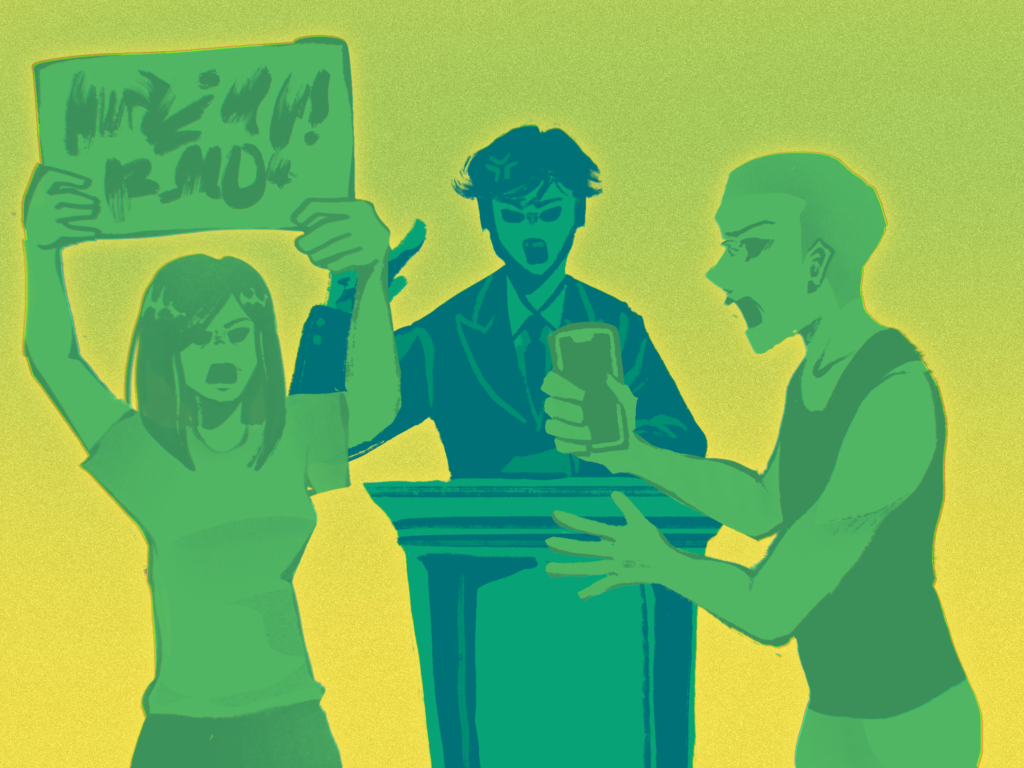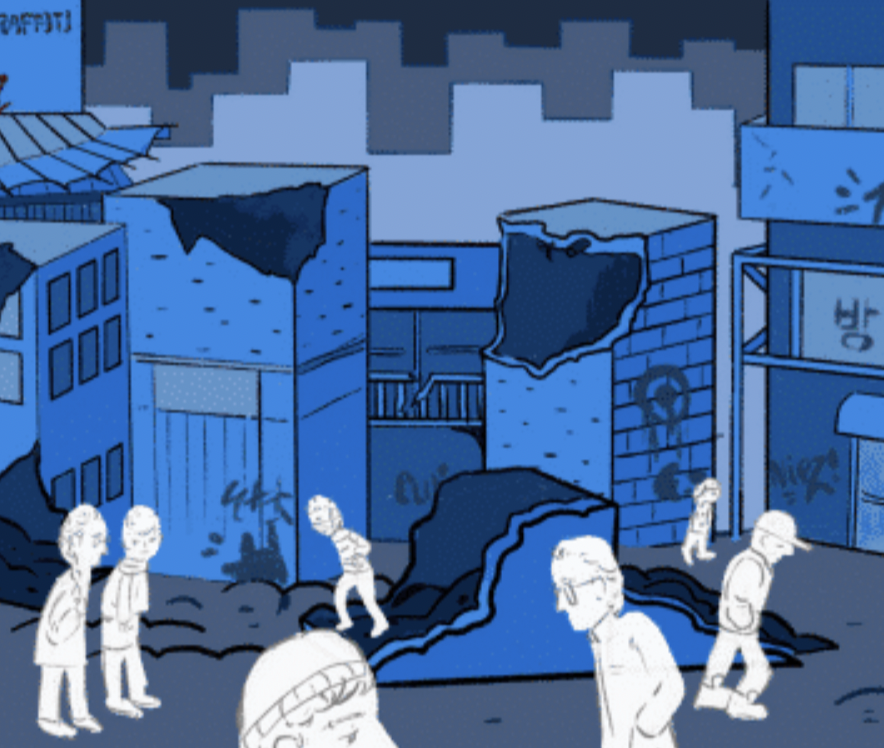The fight for equity has intertwined the struggles of women and minorities for hundreds of years. In the 1830’s, thousands of women were involved in the abolitionist movement, and in the latter half of the century, minorities greatly aided the women’s suffrage effort even after being shunned by the National American Woman Suffrage Association. For decades, minority men and women courageously battled discrimination from inside the suffrage movement itself in order to improve the quality of life for American women. Given that fights for justice have reached fruition for only white women in this country, some form of compensation for minority contributions must be presented.
In the past century, white women as a group have seen numerous successes. We have obtained suffrage and other legal freedoms, we have thrust ourselves into governmental positions of power, and we have garnered respect for ourselves and our initiatives. However, we as a privileged sector of society have failed to acknowledge and support those of marginalized groups who have aided us in our storied fight for gender equality. We have been consumed by our own agendas and have forgotten that we actually possess enormous privilege in this world. We need to use this privilege of ours to extend our ongoing fight for social justice to them. We must benefit subjugated groups who are silenced before they speak by bigots who are unwilling to overlook their appearance.
We, as women, are rightfully challenging the 77 cents to a dollar wage gap between white men and white women, but also must acknowledge the fact that black women earn 64 cents and Latinas earn 55 cents compared to the earnings of white men. We need to be talking about racially charged police brutality, and recognizing that the hundreds of hate crimes committed each day against people of color did not start on the night of November 8; contrarily, they have affected minority groups since the birth of this nation. We need to be talking about systematic oppression and the ways in which minority groups are stereotyped, marginalized, and oppressed, as well as what we can do to prevent the dehumanization of these individuals.
We are allowed, as women, to be frightened of the fact that our president-elect has condoned sexist rhetoric and normalized sexual assault; however, we must not ignore that while lifetime rate of sexual assault hovers around 17.5% for white women, it is 19% for black women, 24.4% for mixed raced women, and 34% for American Indian women. Our society is unwilling to recognize the pressing dangers that women of color face and continues to offer protection only for white women. This behavior is entirely unacceptable and, frankly, bereft of all empathy, integrity, and justice.
Unfortunately, we must now accept the harsh truth that 53% on white women voted for intolerance and hatred this November. We must question how we, as a sector of society, have developed to value our whiteness over our compassion. We must not dwell on our personal fears about this presidential election; we must instead mobilize and strive to effect change. We have seen historically the magic that passionate women can create, so it is imperative now more than ever that we unite under sentiments of respect and love. As white women, we are inherently protected by our white privilege. Therefore, we must look out for our friends and peers who are unsafe at this time by striving to combat racism and bigotry, while still recognizing that the prejudices we are fighting against exist within us as well.
The exclusion of people of color in today’s fight for social equality parallels that which occurred in the suffrage movement, as we white women concern ourselves with whitewashed, homogenous views of feminism and social equality. We see the same oppression of minority groups today that was demonstrated in the women’s suffrage movement as we white women concern ourselves with whitewashed, homogenous views of feminism and social justice. Racism is not a “black people” problem; it is a humanitarian problem. White women must be prepared to sympathize with the anger and frustration of people of color, but we must not pretend to understand their experiences just because we are women. The struggles that we face in the 21st century pale in comparison to the discrimination people of color face every day in our systemically racist society. Regardless of the political climate, we have a civic and moral duty to relentlessly work to protect basic human rights in this nation, even if the fight does not immediately benefit ourselves. Minorities have supported us in our fight for freedom the whole time, and our turn to support them is long overdue.





